The North Carolina Clean Energy Technology Center (NCCETC) works with government, non-profit organizations and businesses to help diversify fuel supplies and support cleaner, more vibrant local and state economies. The Clean Transportation program at NCCETC propels the development, awareness and use of alternative fuels and advanced transportation technologies.
One alternative fuel, propane, is a popular choice across the United States for a variety of fleet vehicle applications including school buses, shuttle buses, vans, taxis and law enforcement vehicles. According to a report by the Gas Technology Institute prepared for the Propane Education and Research Council (PERC), there are over 147,000 vehicles on the road in the U.S. fueled by propane.
“NCCETC’s Clean Transportation team is ready to support fleets interested in exploring the financial and environmental benefits of different fuel choices, including propane,” said Heather Brutz, Director of the Clean Transportation program at NCCETC. “Diversifying our nation’s fuel supply with domestic fuels like propane – strengthens U.S. energy security while also reducing harmful emissions.”
Introduction to Propane for Transportation
Propane, also known as Liquefied Petroleum Gas (LPG), is a simple hydrocarbon byproduct of natural gas processing or crude oil refining. Currently the third most common engine fuel source in the world, propane is a clean-burning alternative fuel that has been used for decades to power light-, medium- and heavy-duty vehicles.
The Alternative Fuels Data Center (AFDC) reports that propane has a high octane rating and excellent properties for spark-ignited internal combustion engines. It is stored as a liquid in a pressurized tank onboard the vehicle to maximize energy storage. As the pressure is released, the liquid propane vaporizes and turns into gas that is used in a combustion engine.
The commercial grade of propane sold for use in motor vehicles in North America is also called HD-5 or Autogas and is a mixture of propane with smaller amounts of other gases. The U.S. Energy Information Association reported that, as of 2020, more than 93% of the U.S. propane supply was produced in North America. More information about propane can be found on the AFDC website here.
The Benefits of Choosing Propane
Fleets stand to gain numerous benefits from adopting propane vehicles, including potential emissions reductions without compromising on performance. Propane-powered vehicles offer comparable horsepower, torque, and payload capacity to conventionally fueled vehicles.
As Brutz noted, diversifying the U.S. fuel supply helps reduce overall dependence on imported petroleum. The continued use of alternative fuels and other clean transportation technologies to reduce petroleum consumption increases national energy security while decreasing transportation energy costs for businesses and consumers.
Propane is produced domestically and has high energy density with relatively low cost compared to gasoline and diesel. As one of the most accessible alternative fuels to the general public, propane is a popular choice for high-mileage vehicles.
Original equipment manufacturers (OEMs) and select dealerships offer a number of medium- and heavy-duty propane vehicle models. In addition to OEM models, fleets and consumers have the ability to convert existing gasoline vehicles using qualified system retrofitters for propane operation.
In vehicle applications, propane-fueled vehicles have lower carbon dioxide (NOx) emissions in comparison to equivalent gasoline or diesel vehicles. When replacing conventional fuels such as gasoline, propane vehicles also reduce full-fuel-cycle greenhouse gas emissions and source energy consumption.
Renewable Propane
Renewable propane, which is chemically identical to conventional propane, is produced from biomass-based feedstocks, including used cooking oil, animal fats or 20% dimethyl ether. With all the same great features as conventional propane – reliability, portability, power and reduced carbon emissions – renewable propane has a low (CI) value, depending on its feedstock.
Renewable propane is made from a variety of different feedstocks and sustainable materials. The image below, originally from PERC, shows how renewable propane is made.
The CI value of a fuel is able to measure the environmental impact of its consumption. The California Air Resources Board (CARB) set annual CI standards in 2009 through the state’s Low Carbon Fuel Standard (LCFS). Conventional propane already has a relatively low CI of 79 when compared to diesel, but renewable propane’s CI can be as low as 20.5 depending on the variations in feedstock type which the fuel is produced from. This makes renewable propane one of the cleanest alternative fuels on the market with a carbon intensity value five times lower than diesel.
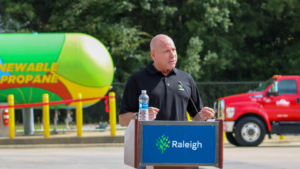 Last month, the City of Raleigh announced it will be moving a portion of its fleet to run on renewable propane. Rick Longobart, Fleet Operations Manager for the City of Raleigh, shared, “I’m proud to say today that 85% of our fleet runs off of some type of alternative energy.” The City of Raleigh is the first city in the state of North Carolina to use renewable propane to fuel its fleet.
Last month, the City of Raleigh announced it will be moving a portion of its fleet to run on renewable propane. Rick Longobart, Fleet Operations Manager for the City of Raleigh, shared, “I’m proud to say today that 85% of our fleet runs off of some type of alternative energy.” The City of Raleigh is the first city in the state of North Carolina to use renewable propane to fuel its fleet.
Longobart noted that Raleigh’s renewable propane will primarily be produced from plant based vegetable oil which possesses an ultra-low CI as determined by CARB, ultimately reducing greenhouse gas emissions from the city’s fleet vehicles. “As we move towards a more sustainable climate and trying to reach our climate action goals of 80% renewable energy or zero emissions by 2050, this is one effort that is going to get us there,” Longobart added.
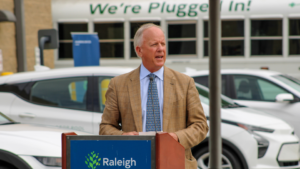 PERC’s President and CEO Tucker Perkins spoke at the ribbon cutting for a new renewable propane fueling station for the City of Raleigh on September 28, 2023. Perkins identified propane as a pathway with tremendous promise to change the economics of the community and lives of the citizens living in it.
PERC’s President and CEO Tucker Perkins spoke at the ribbon cutting for a new renewable propane fueling station for the City of Raleigh on September 28, 2023. Perkins identified propane as a pathway with tremendous promise to change the economics of the community and lives of the citizens living in it.
“As we think about renewable propane, if I had one message to give to you, it’s that, yes it is real,” Perkins said. “The carbon savings are real, the particulate matter is zero, the NOx emissions are virtually zero, and this is a fuel of the future.”
To learn more about renewable propane and its potential for sustainable transportation, visit PERC’s webpage on the topic.


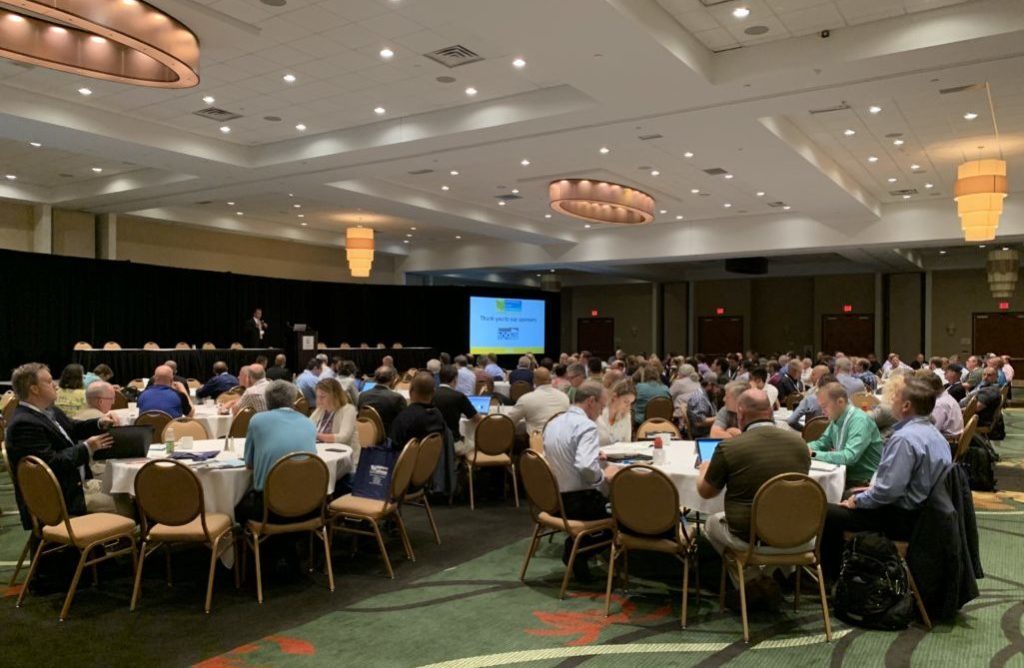
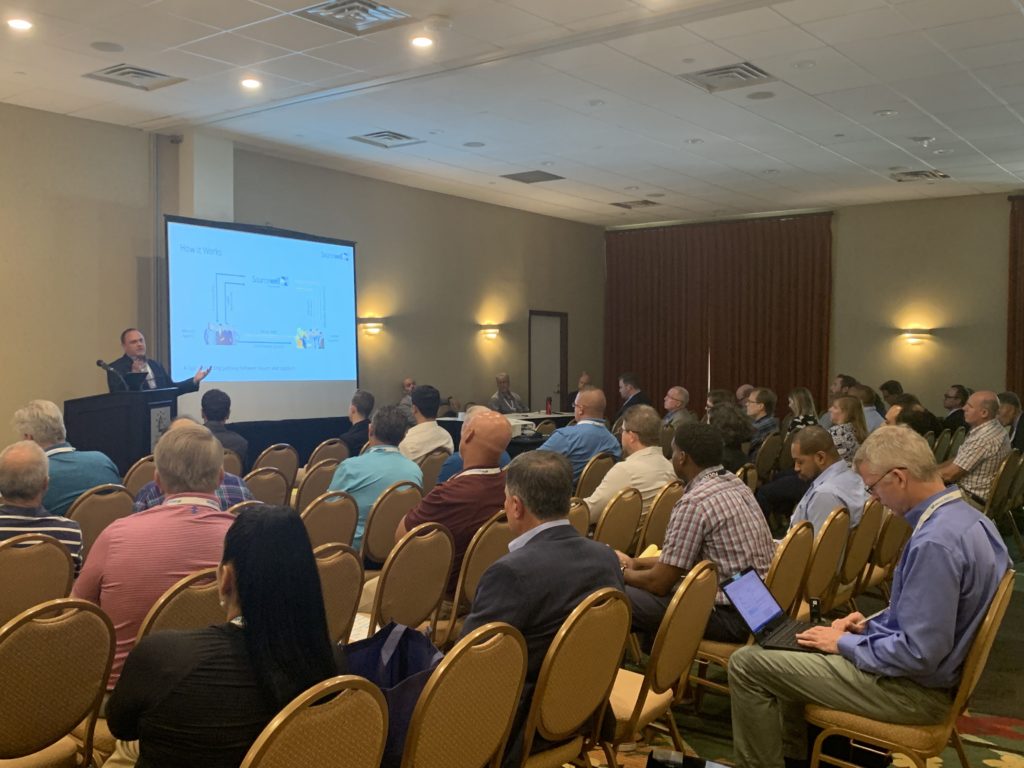
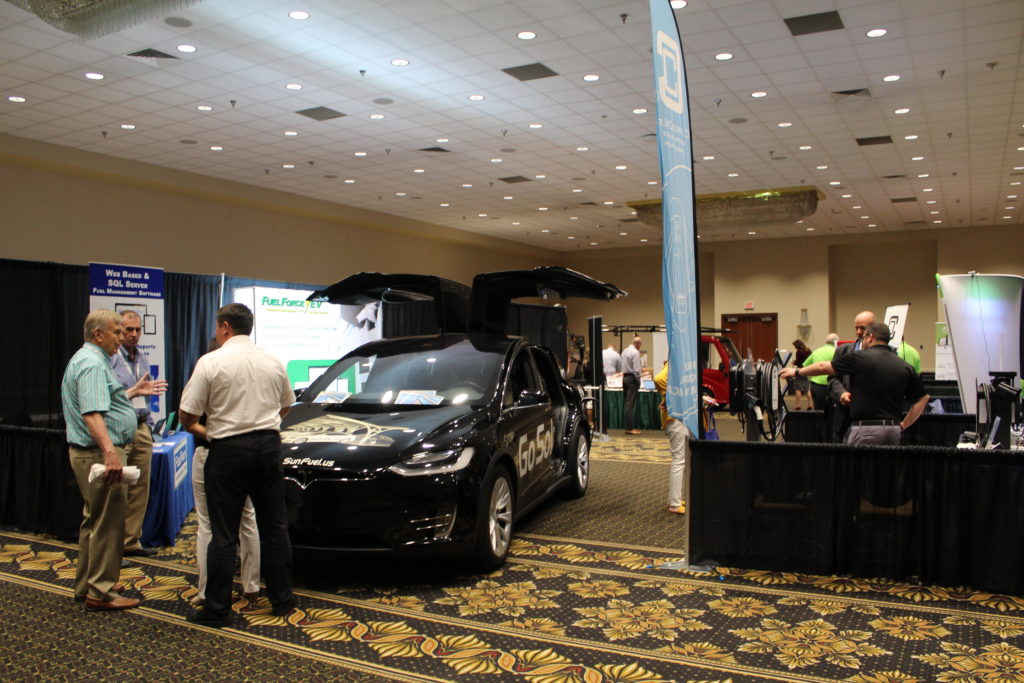
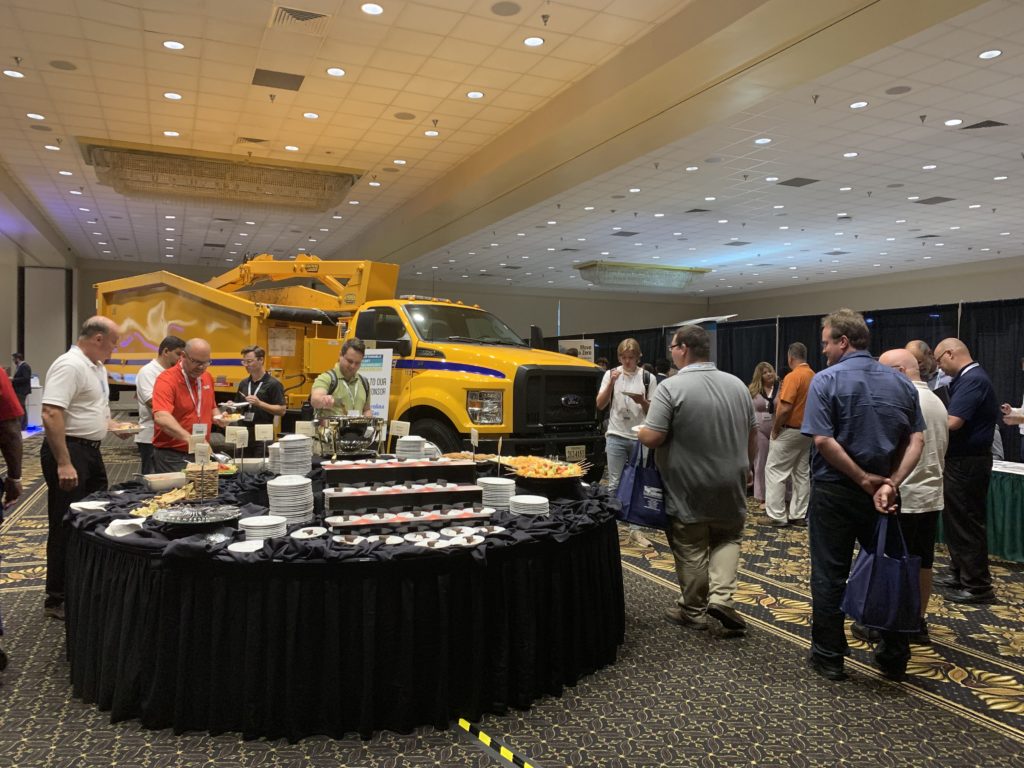
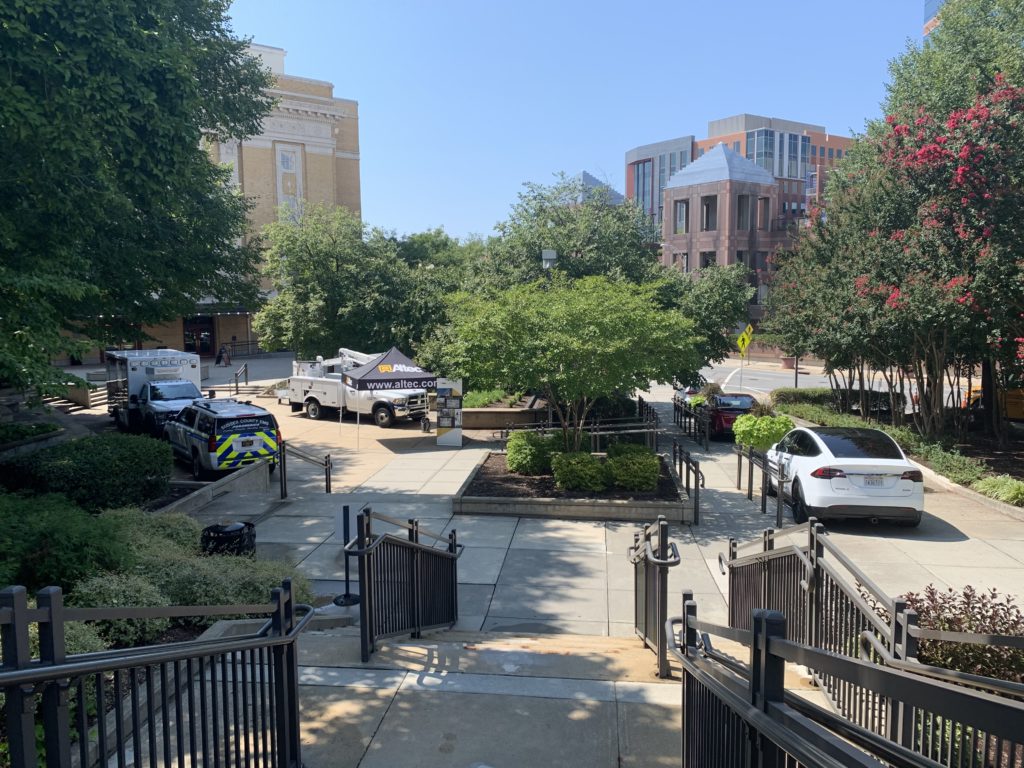

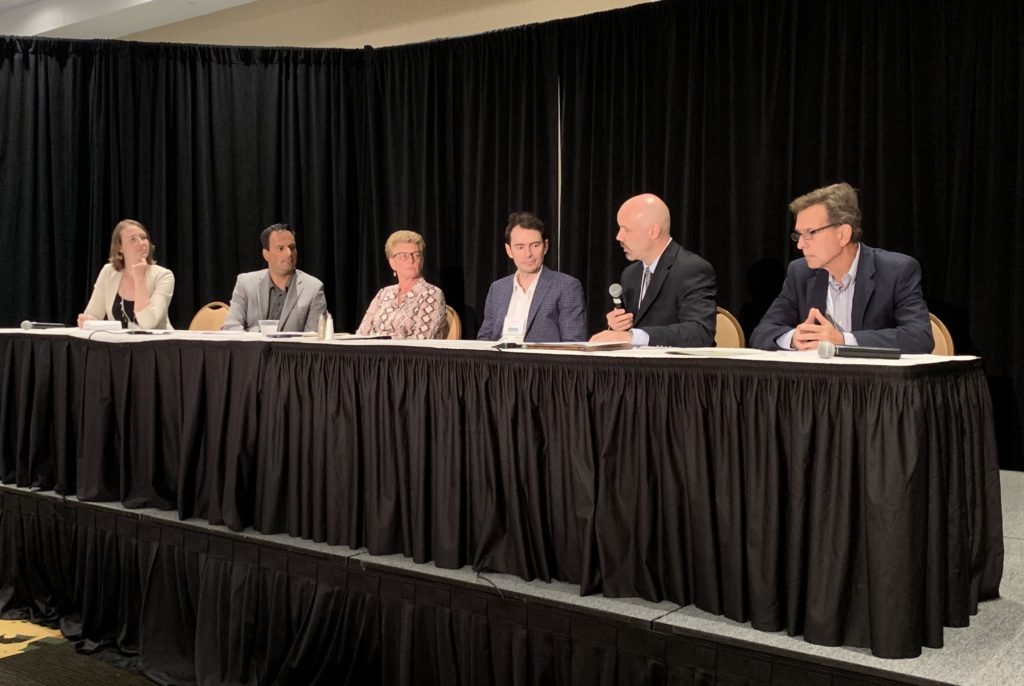
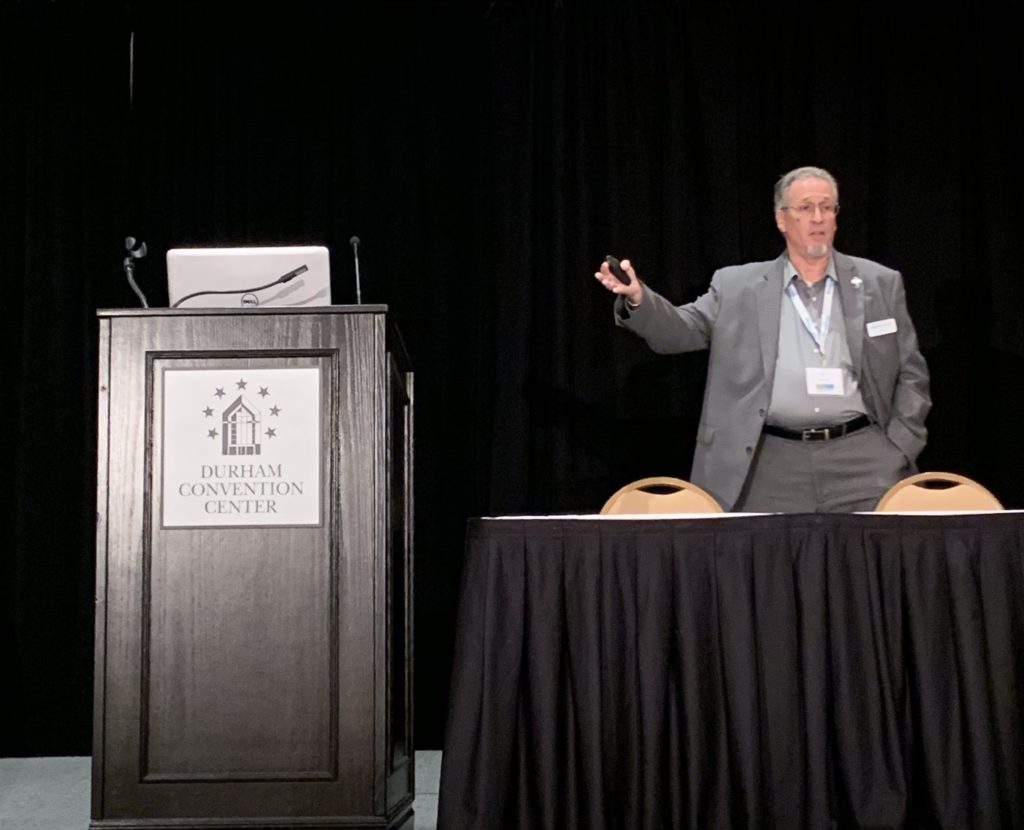
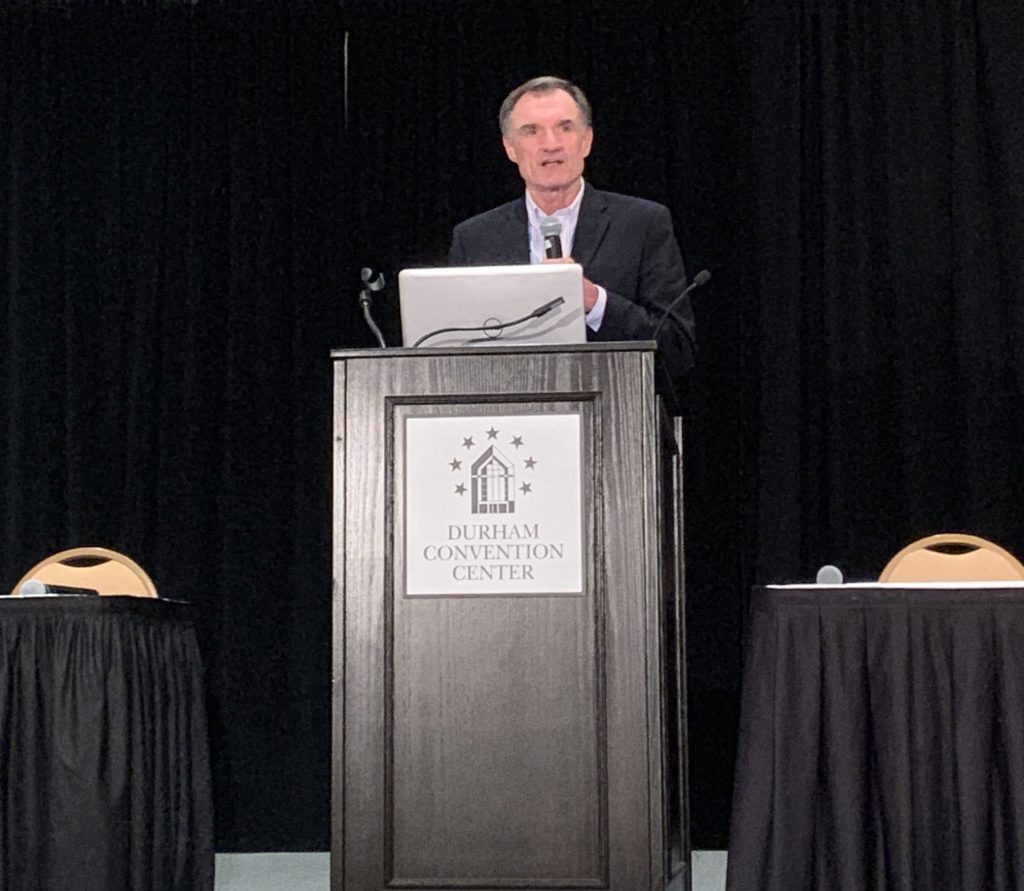
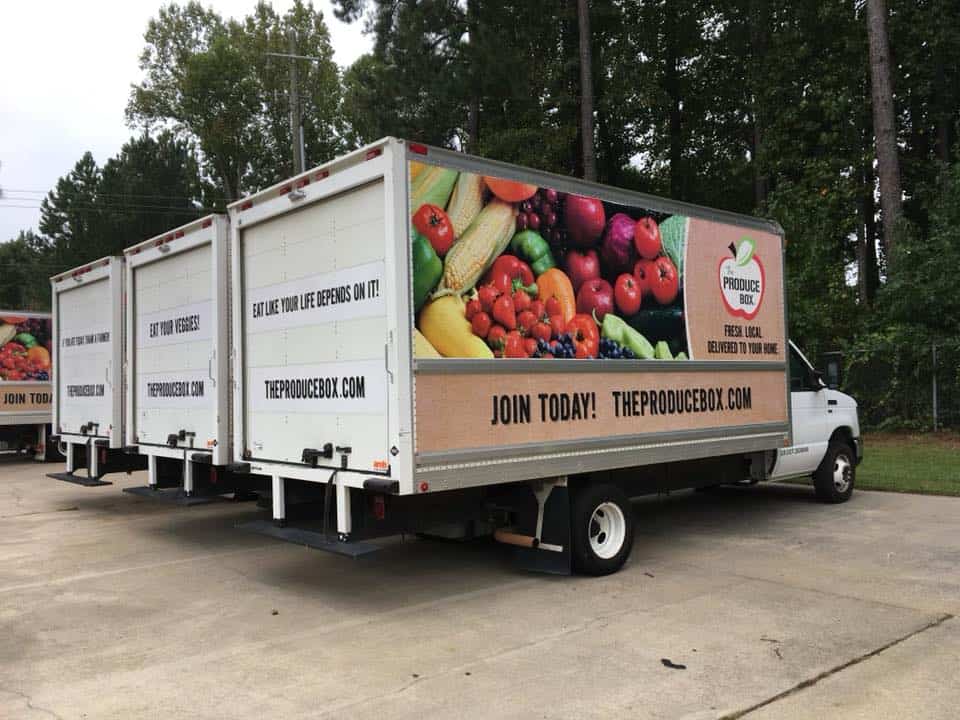
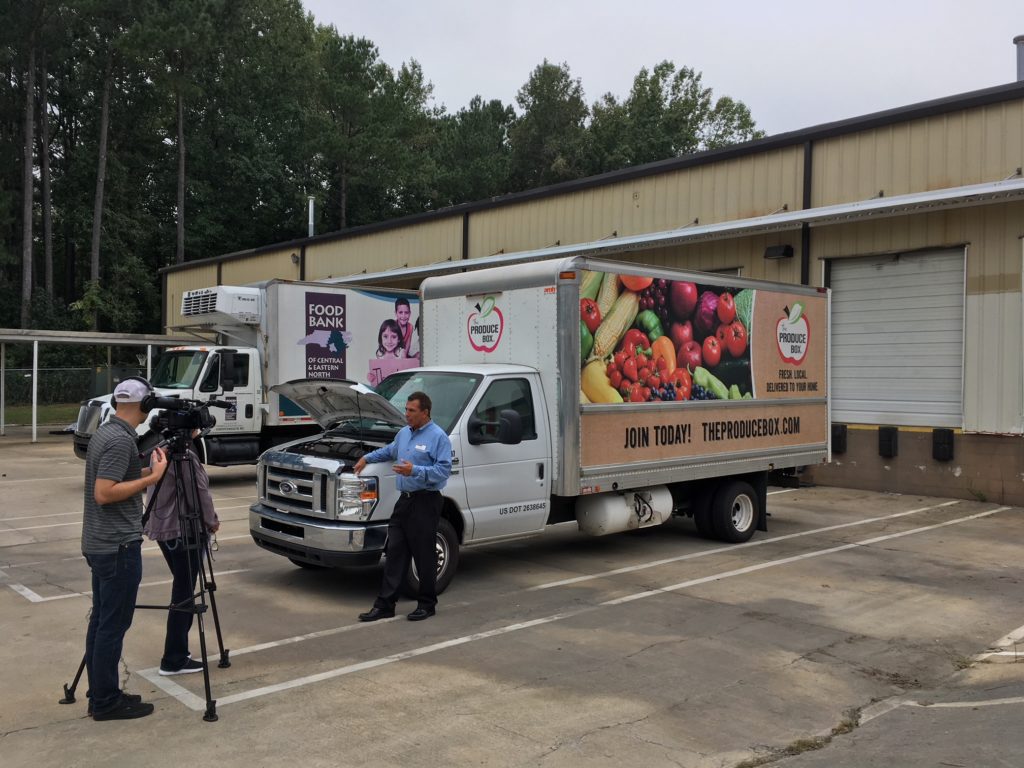
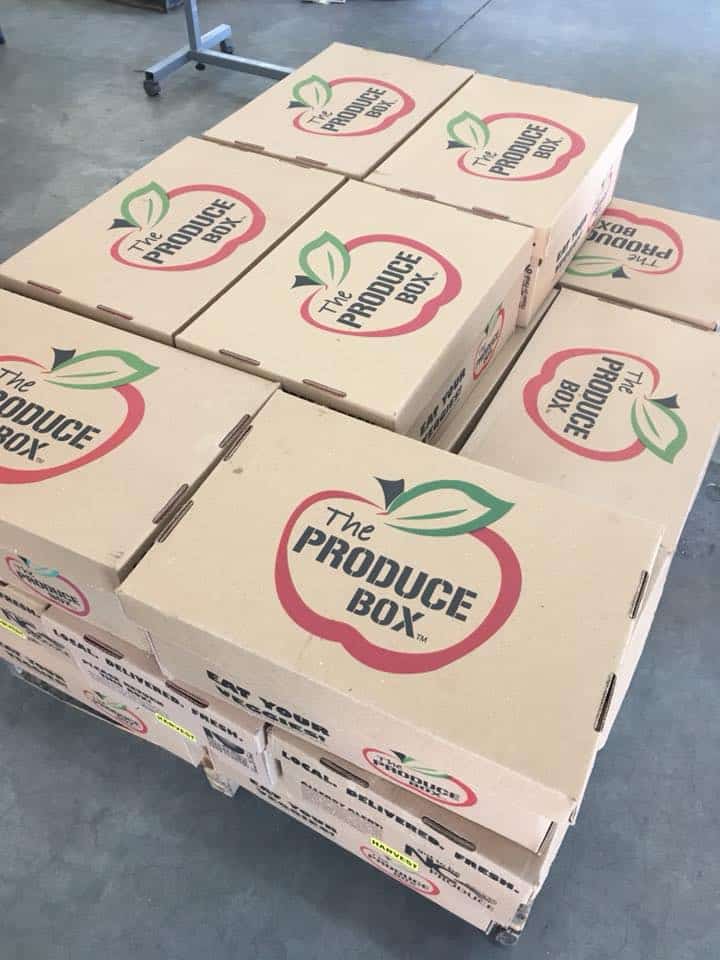
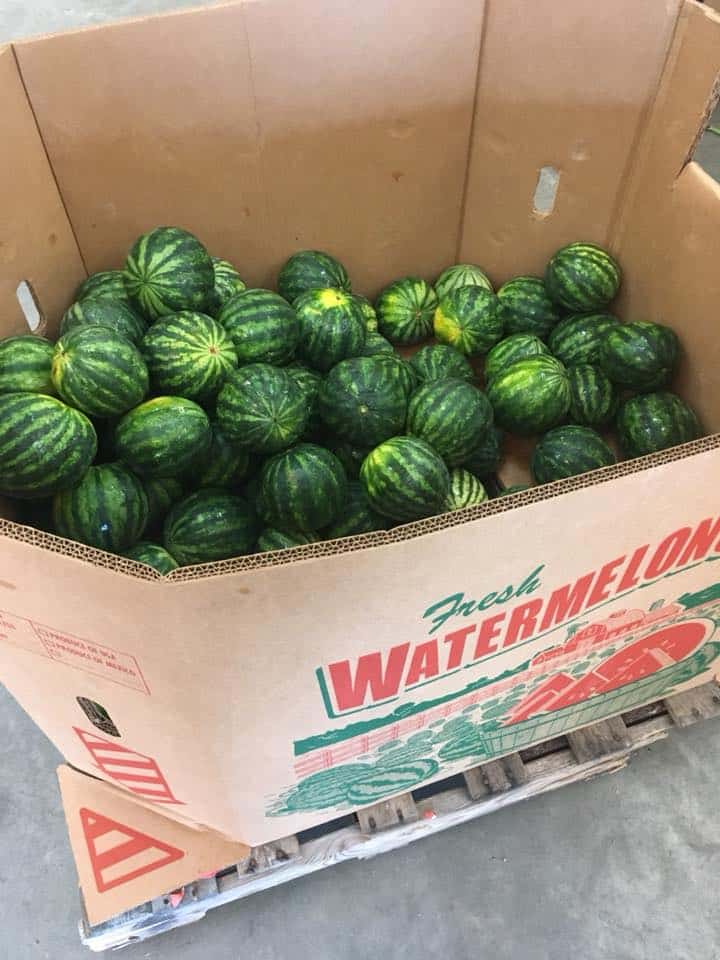
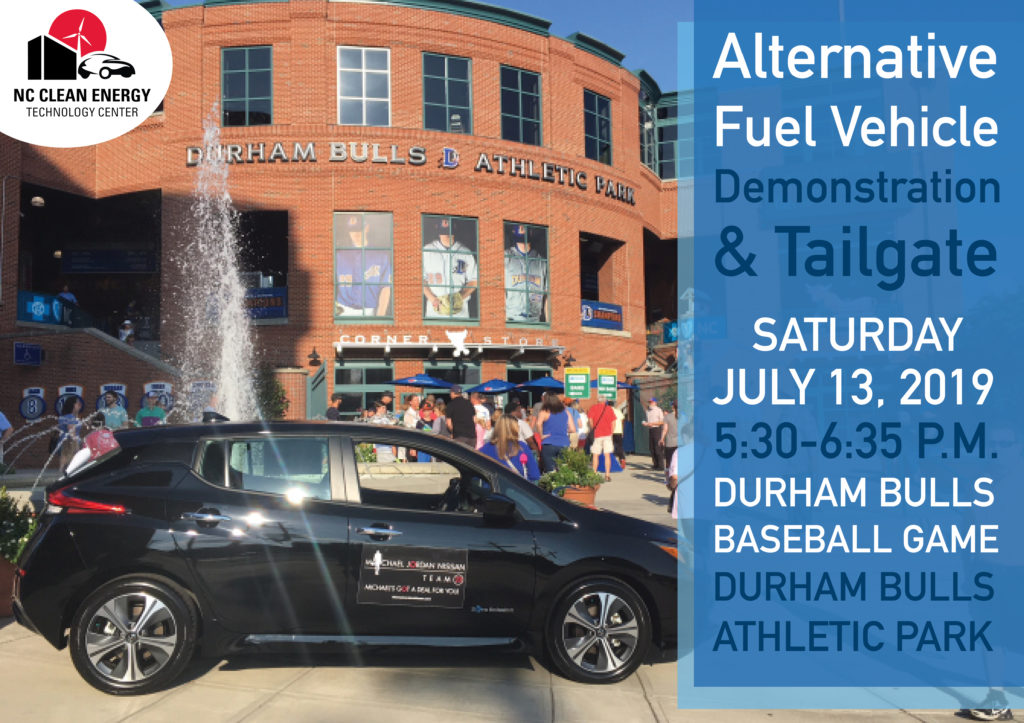
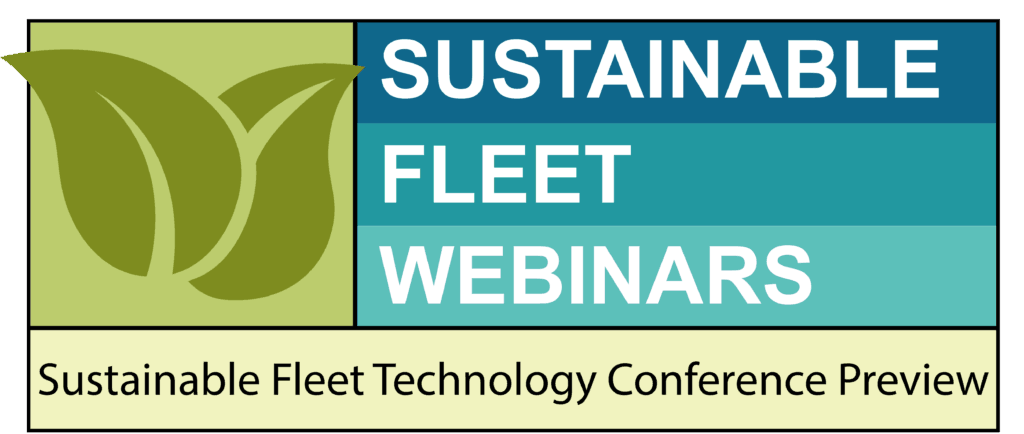
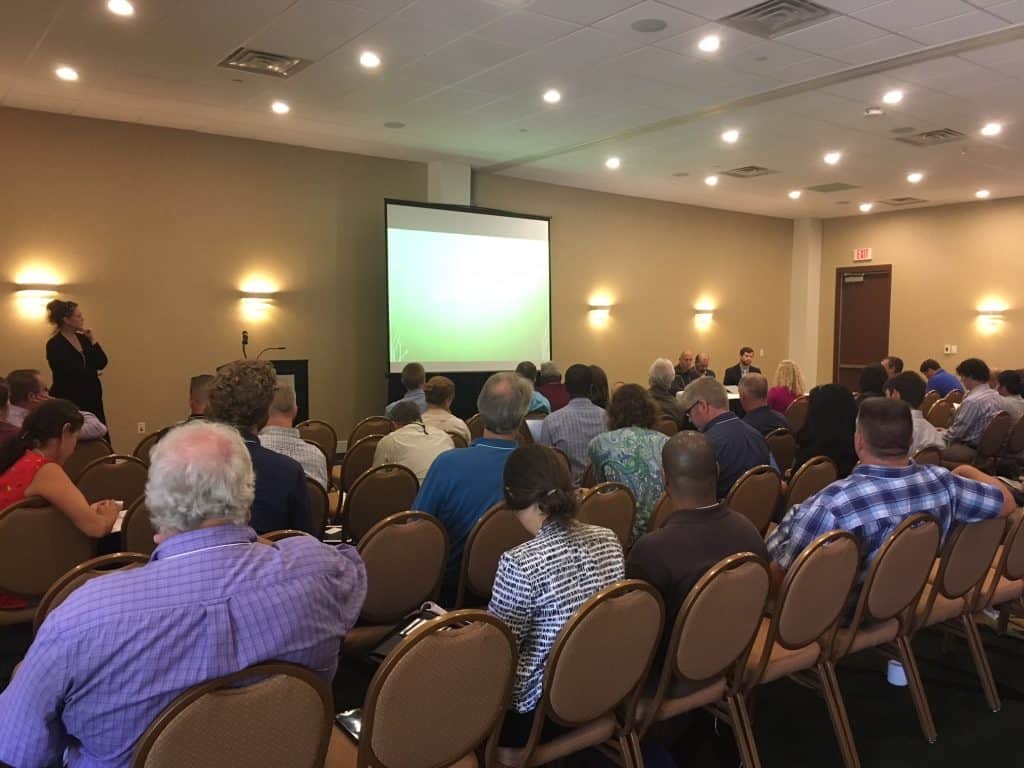
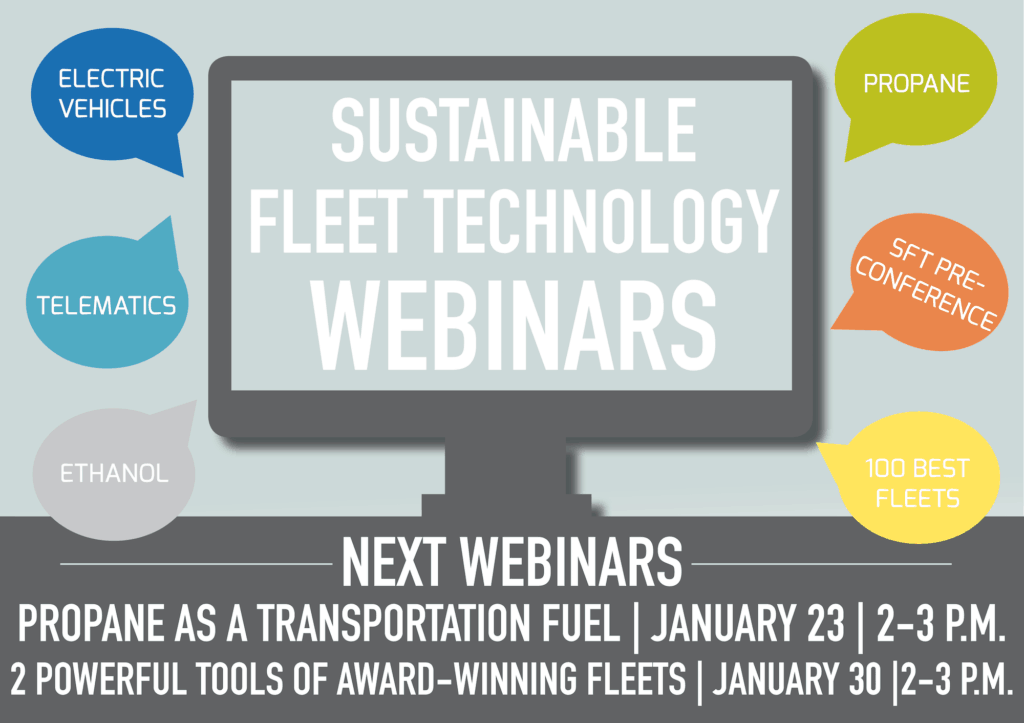
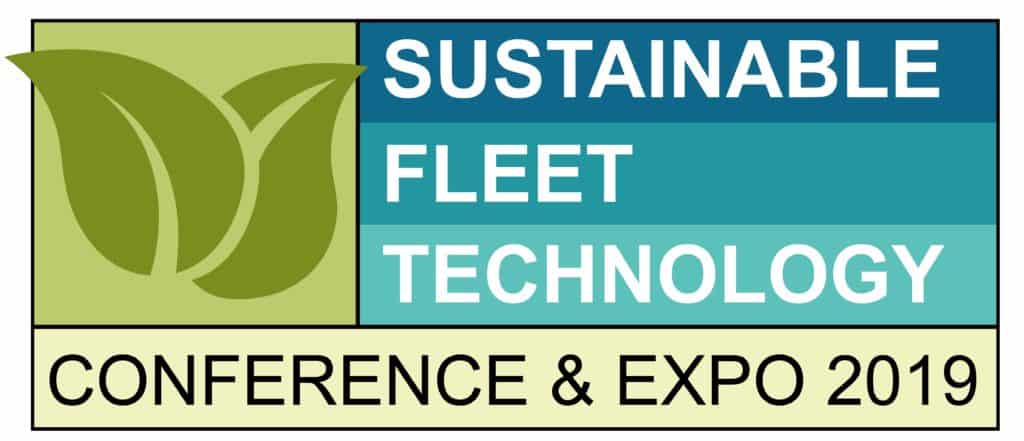


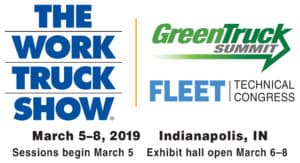

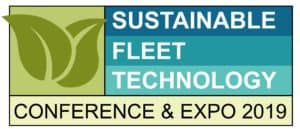
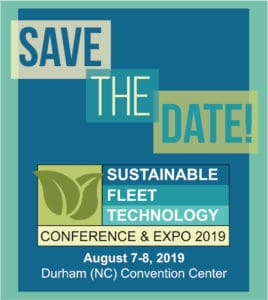
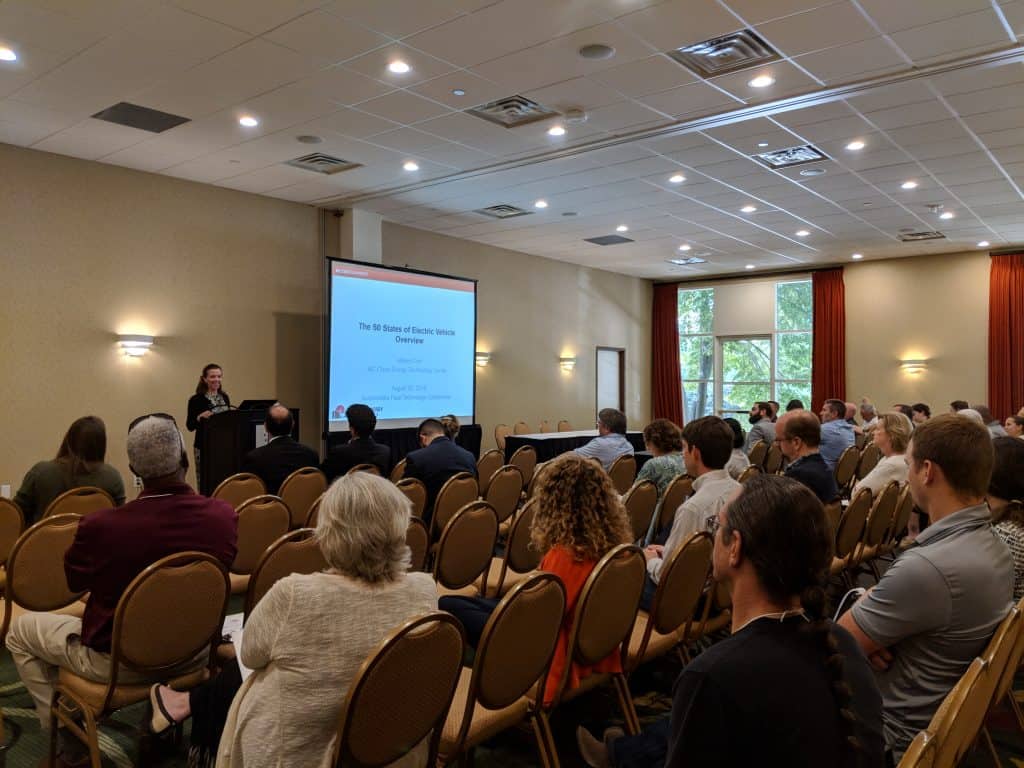
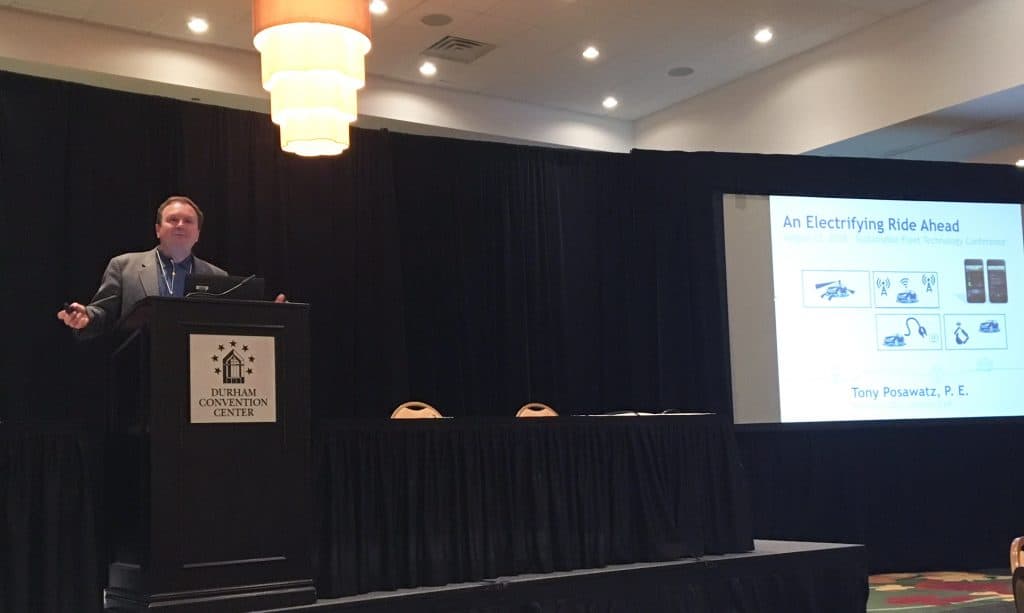
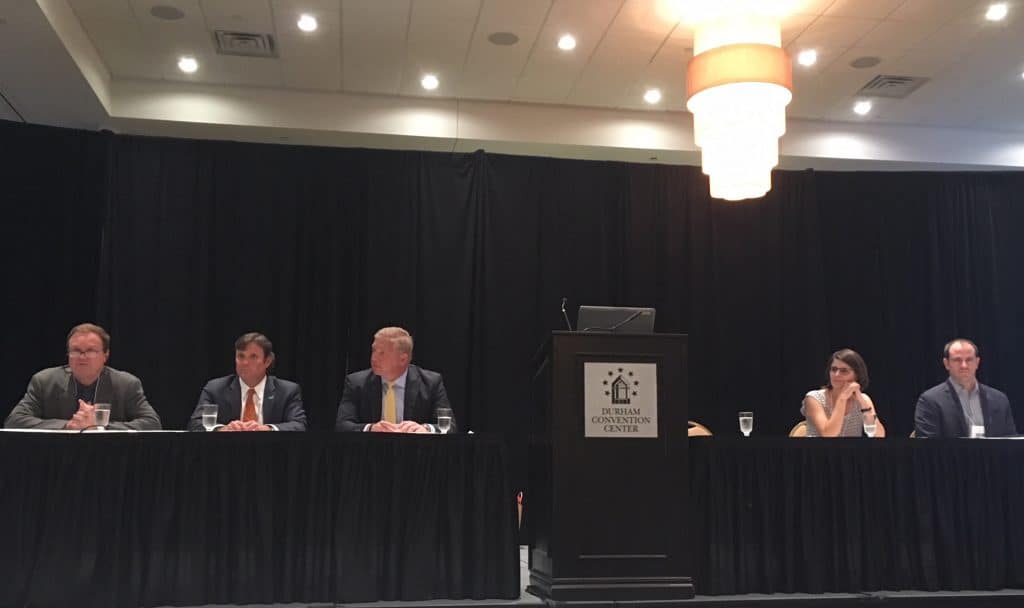
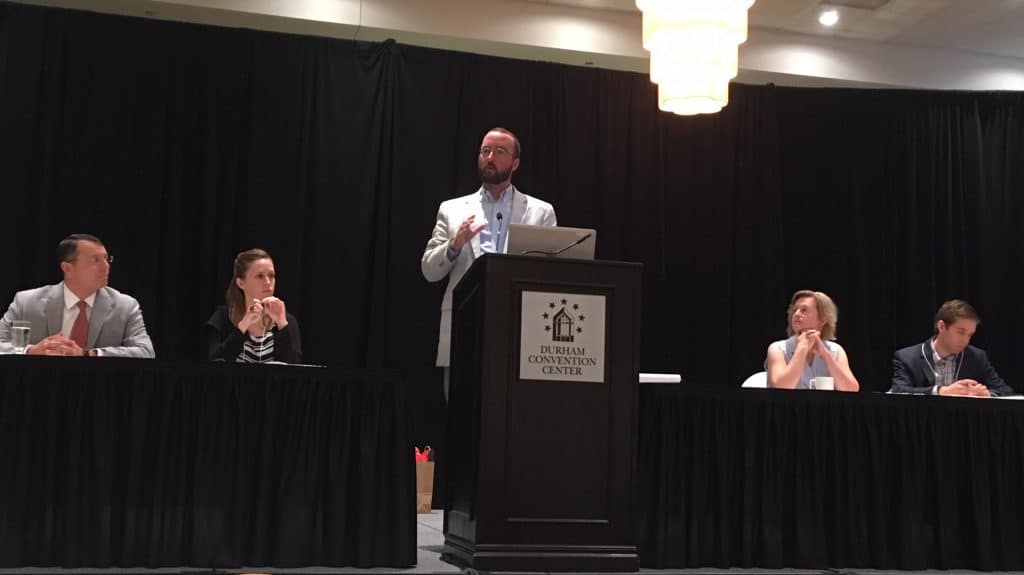
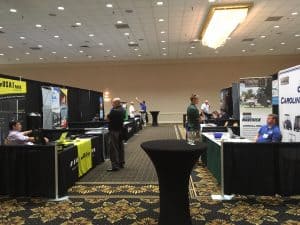
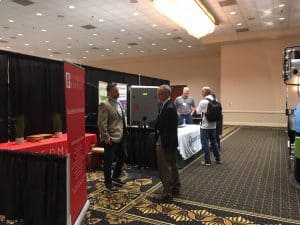
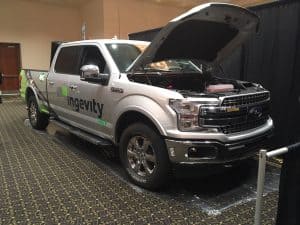
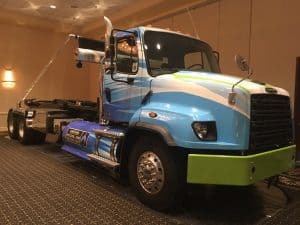 “The conference was a great success,” said Rick Sapienza, Clean Transportation Director at NCCETC. ” It brought together transportation professionals to exchange ideas on clean transportation technologies with a good mix of what is working today, and strategic thought-provoking discussion to consider and prepare for what might be coming
“The conference was a great success,” said Rick Sapienza, Clean Transportation Director at NCCETC. ” It brought together transportation professionals to exchange ideas on clean transportation technologies with a good mix of what is working today, and strategic thought-provoking discussion to consider and prepare for what might be coming